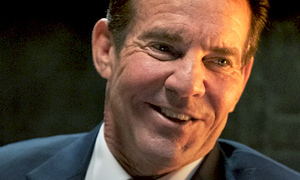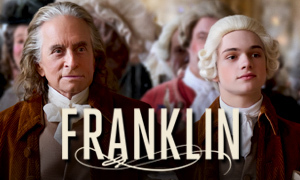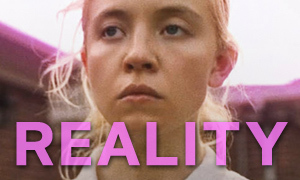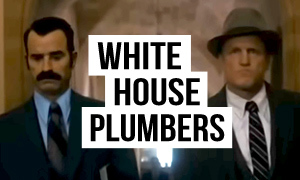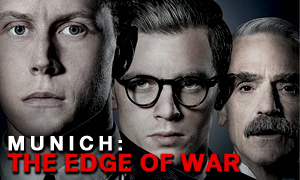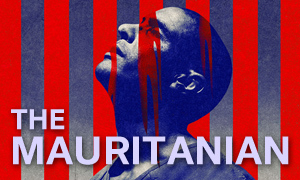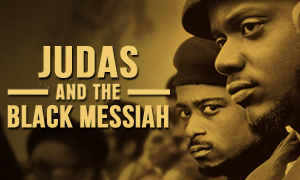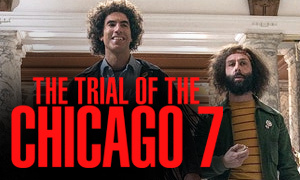Russia Bans "The Death of Stalin" Movie, a Dark Comedy Starring Steve Buscemi
What's The Death of Stalin about exactly?
The movie's title is somewhat of a giveaway. The Death of Stalin is a British-French dark comedy loosely inspired by the true story of the chaos that ensued in the Soviet government after dictator Joseph Stalin's death in 1953. The film is a satire of the power struggle that quickly developed in Moscow as Stalin's committee tried to figure out how best to run the country.
Why was The Death of Stalin banned in Russia?
After the movie was screened for senior Russian officials on January 22, 2018, they complained that it made a mockery of Russia's history, calling it "ideological warfare" and "extremism". The deputy head of the lower house of parliament's culture committee, Yelena Drapeko, told RBK news that she had "never seen anything so disgusting in my life." The culture ministry decided to rescind the movie's distribution certificate, effectively banning The Death of Stalin from being shown in Russia.
Minister Medinsky used less harsh language in reacting to the controversy, "Many people of the older generation, and not only, will regard it as an insulting mockery of all the Soviet past, of the country that defeated fascism and of ordinary people, and what's even worse, even of the victims of Stalinism."
Does Russia practice censorship?
"We don't have censorship," Minister Medinsky said in response to the movie's distribution license being revoked. "We are not afraid of critical and unpleasant assessments of our history" (BBC). In the most straightforward sense that might be correct but it's hardly the truth. Journalism has been under threat in Russia and a number of laws, including those supposedly created to combat terrorism, have "[targeted] speech, publications, groups, and ideas deemed 'extremist,' a broadly defined notion interpreted subjectively by officials" (PEN America).
Watch "The Death of Stalin" Movie Trailer
The Death of Stalin trailer can be viewed below. It's not hard to imagine why the Russian government might not be the movie's biggest fan.
